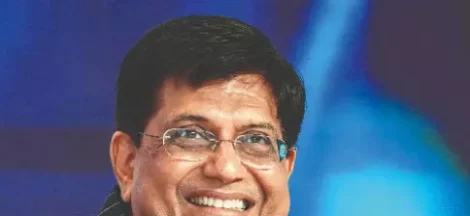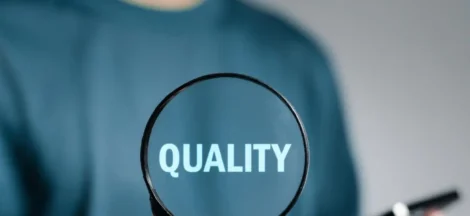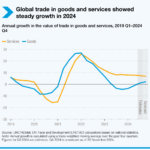NEW DELHI: The Reserve Bank of India (RBI) should consider looking at core inflation, re-defined with the inclusion of non-volatile food items, for its monetary policy decisions, Arvind Virmani, member, Niti Aayog said.
However, volatile elements of food being “beyond its control,” could be kept outside its inflation targetting framework, the noted economist said.
“If 80% of the CPI basket has non-volatile elements–which includes food items too–that should be considered as core index, and should be looked at for RBI’s monetary policy decisions,” he said.
Earlier, the Economic Survey for 2023-24 had proposed exclusion of food from the RBI’s inflation-targeting regime, and senior government functionaries, including commerce and industry minister Piyush Goyal have backed it.
Typically, core inflation constitutes non-food and non-fuel items; and in the current CPI series, with base 2012, carries a weight of around 48%. However, if non-volatile items from food are also included in the core basket, then its weight would increase to around 85%.
From the perspective of monetary policy decisions, core inflation should be tracked and considered by the RBI and not the entire Consumer Price Index (CPI), Virmani said.
“The logic of core inflation is to include non-volatile items…we keep on talking about vegetable prices, but the monetary policy can’t do anything about it,” he said.
The former chief economic adviser also said that meanwhile, the RBI’s MPC can factor in the new Household Consumption Expenditure Survey (HCES) 2022-23, for its assessment of inflation, as the data shows that “food’s share in households consumption has reduced dramatically”.
Currently, the ‘food and beverages’ group in the CPI basket carries a weight of 45.86%, which is likely to reduce to 40-41% in the new CPI basket, as per the 2022-23 HCES, say analysts. The government is likely to introduce the new CPI series by February 2026, with 2024 as the base year.
On growth taking a hit in the September quarter of FY25, Virmani said that it may be a consequence of high interest rates, which was anticipated to be reduced earlier this year, but didn’t happen, which resulted in low investments and manufacturing.
“That’s one reason why private players have not invested. Second, there are uncertainties with respect to dumping from China. Donald Trump’s tariff plan (for China) may lead to dumping of products in India, and that may discourage investments too,” said Virmani.
US President-elect Donald Trump, set to take charge on January 20, has announced plans to impose tariffs on China, Mexico, and Canada. On November 26, in a social media post, Trump stated that immediately after taking office, he would sign an executive order imposing a 25% tariff on all goods from Mexico and Canada, and an additional 10% tariff on Chinese imports.
Virmani, however, said that growth in the current financial year would be in the range of 6.5-7.5%. “In March, I made this prediction, and I am sticking with it. For this decade, growth will average 7%,” he said.
He also said, if Trump indeed imposes those tariffs on China, India will be at an advantage, and it will have an opportunity to produce more and export to the US in place of China. “But this won’t be instantaneous, because some of these goods (which are being demanded) can’t be produced immediately. Over the medium-term, the positive effect of it will be seen.”
Further, on tax reforms, Virmani said that the goverment needs more tax reforms, both for direct and indirect taxes, and simplify it. “Simplification of the tax laws are very important. If the complexities in the tax laws are reduced, and simplified, the middle class, MSMEs would benefit from it the most,” he said, adding that complex tax structures are only beneficial for big businesses.
The finance ministry is currently conducting an exercise to comprehensively review the Income Tax Act, 1961. It has constituted 22 internal committees to assess various provisions of the I-T Act, and simplify it to make it concise, lucid, easy to read and understand.
Source: The Financial Express




 Potential Shifts In US Trade Policy To Affect Trade In 2025: UNCTAD
Potential Shifts In US Trade Policy To Affect Trade In 2025: UNCTAD 